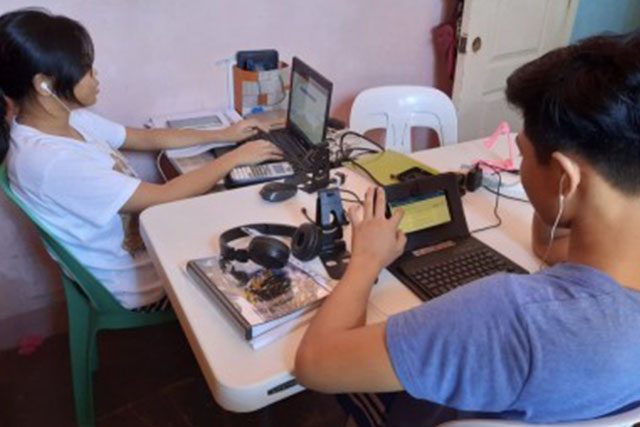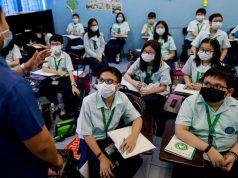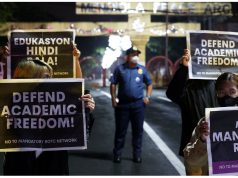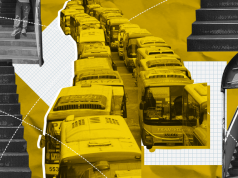
Not all educational courses can be handled exclusively through online classes, including science-related degrees.
This was among the top complaints about the Commission on Higher Education‘s proposal to end face-to-face classes that social media users brought up
In a webinar on May 21, CHED Chairman Prospero de Vera announced that the commission has adopted a policy that will allow flexible learning to be the “norm” in the future.
“From now on, flexible learning will be the norm. There is no going back to the traditional, full-packed face-to-face classrooms. The commission has adopted a policy that flexible learning will continue in School Year 2021 and thereafter,” De Vera said.
The official explained that this new flexible system will help universities “mix and match” methods that will suit their situation.
“What will happen is a flexible system where universities will mix and match flexible learning methods appropriate to their situation,” De Vera said.
“The more prepared universities will continue investing and moving ahead using online platforms. Others will be allowing some of their students to come back at specific periods and do more synchronous versus asynchronous learning,” he added.
De Vera also tried to assure schools and stakeholders that there will be a “transition” from the traditional “exam-based system” to “task-based systems,” particularly in areas in grading students and that “textbooks will no longer be the sole source of knowledge.”
He also claimed that by now, students and teachers have already adjusted to the flexible learning system implemented in schools across the country.
The country’s education system shifted to the flexible or blended learning approach as part of the national government’s stringent measures in March 2020 to supposedly help curb the still-raging coronavirus here.
While some students managed to adjust, others faced many challenges especially those of lower-income households and far-flung areas under this system of learning.
Among the main problems repeatedly raised are internet access, lack of gadgets and mental health due to the crisis.
New concerns with the policy
While CHED has yet to release details of how this new policy will work, some Filipinos on social media opposed the move.
They noted that some courses, particularly medicine or science-related courses, require on-site interactions.
“Pano pag kailangan ng hands-on training? Online pa rin? Some Students learned while they see and touch things. So paano? Lalo na pag medical and allied professions. They need personal interaction. That’s the way it should be. Kaya madami na mi missed diagnosed sa telehealth,” one user said.
“After more than a year of handling interns online, I believe that it is NOT ENOUGH to produce skilled OTs and other medical professionals,” another user wrote.
One Twitter user also pointed out the plight of working students.
“Meron kasi mga working students at di kaya pumasok sa mga lecture. Attendance is a must pa naman kundi drop out o fail agad. Tapos yung ibang University/colleges di ka pwedeng pumili ng schedule,” wrote the user.
Other users expressed concern for non-teaching personnel of colleges and universities.
Some Reddit users also added that no online module can prepare college students for their future work than social interactions in face-to-face classes.
“Pano yung iba na mas physical ang courses like engineering, not to mention pahirapan din sa group activity? Isa sa common motto ng mga school ay ‘preparing us for real life.’ Pano kami mahahanda sa ‘real life’ if nakaupo lang kami sa screen hanggang maka graduate kami? I get it di 100% na real situation sa school but at least nagkakaron kami ng exp sa pag gawa,” one user said.
Rep. Sarah Elago of Kabataan Party-list and the National Union of Students of the Philippines also expressed strong opposition to this.
They stressed that not all students in the country have access to internet and gadgets for flexible learning.
Not all who are compliant have adjusted to the current learning set-up which is still far from flexible. It has taken a toll on students and teachers’ health and well-being as they struggle with online classes, experiencing stress and anxiety amid the health and economic crises.
— Sarah Elago (@sarahelago) May 22, 2021









